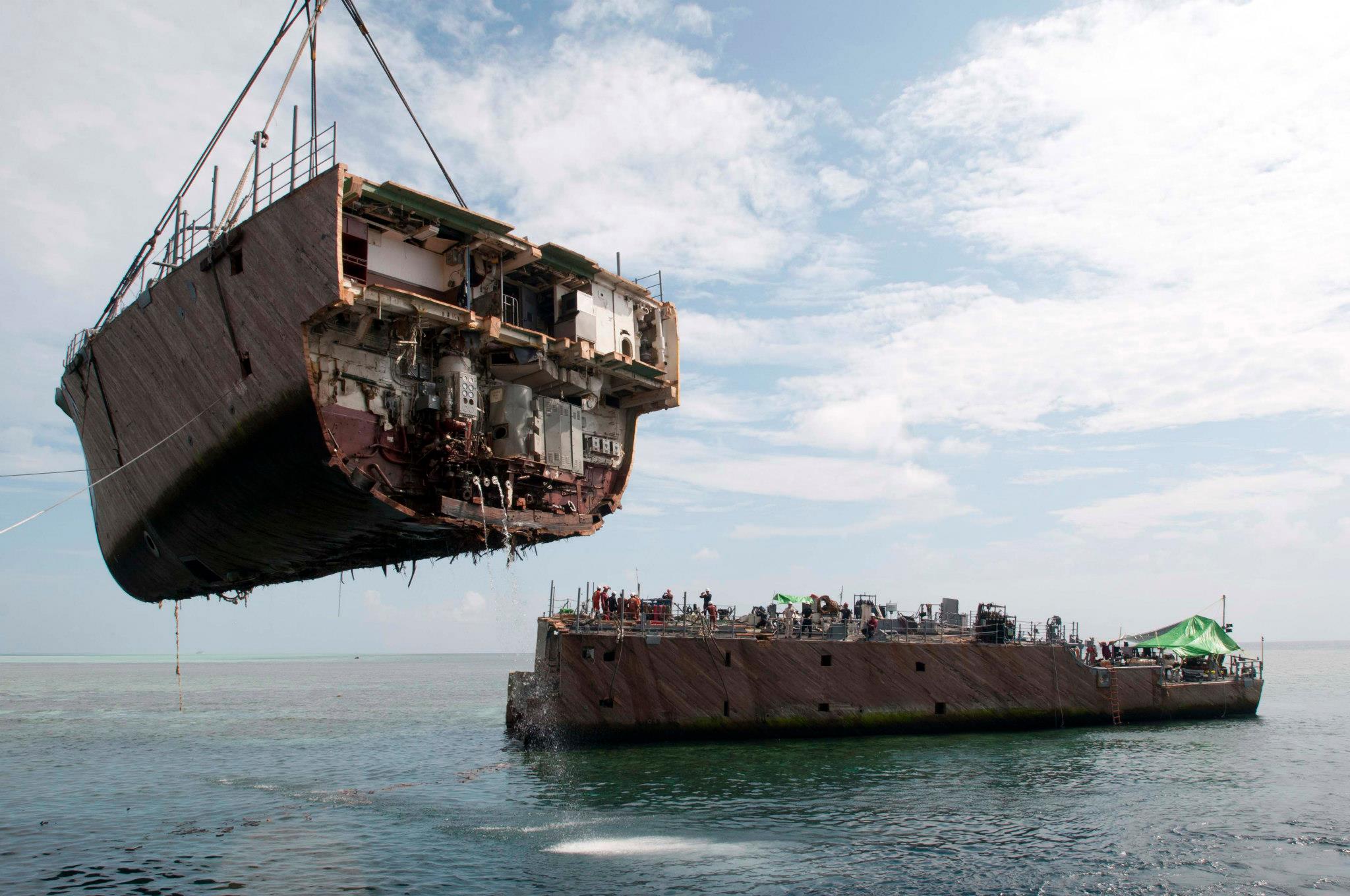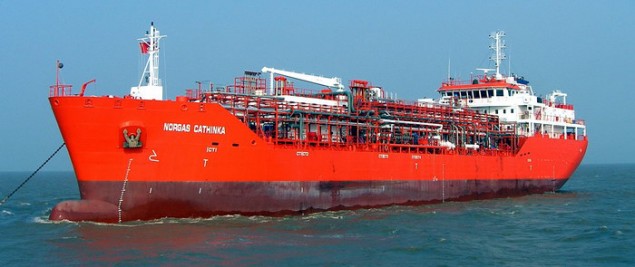Collision Liabilities
- Friday, January 1, 2010, 10:29
- Protection & Indemnity
- Add a comment
Collision Liabilities
i. One-fourth collision liability
The English form of hull policy requires the ship’s hull underwriter to pay three-fourths only of the liability of the insured ship in respect of loss or damage to another ship or her cargo as a result of the collision (subject always to the maximum mentioned under (iii) below). The remaining one-fourth of such liability is insured by the shipowners Club. This one-fourth usually makes the Club the largest single insurance interest, and in practice the managers of the Club will usually be asked by the hull underwriters to handle the issue of collision liability with the other ship and her cargo on behalf of all the underwriting interests. It is also usual for the Club concerned to give, on behalf of the insured shipowner, any necessary guarantees to the other ship and her cargo, the Club taking appropriate counter-security from the insured shipowner and also from the hull underwriters (or brokers) to the extent of their respective interests.
ii. Other risks excluded from the Running Down Clause
There are a number of important exclusions from the liability of the hull underwriters in the Running Down Clause. For instance, wreck removal liabilities are excluded, as is consequent damage to shore side structures or to the cargo in the insured ship herself, and pollution from and loss of life or personal injury on board any ship is involved. All those liabilities are insured by the shipowner’s Club.
The Club cover includes, and the hull underwriter’s cover excludes, not only the wreck removal of the insured ship herself, but also the removal of the wreck of any other ship involved. The same is true of liabilities incurred by the shipowner not in tort but because of the existence of a contractual obligation, as the words in the Running Down Clause “pay by way of damages” have been interpreted as being restricted to payments in respect of tortious liability. Thus in Furness Withy v. Duder payments made by a shipowner for collision damage to a tug were held to be unrecoverable from hull underwriters where the collision was caused solely by the negligence of the tug and liability arose under the special terms of the towage contract; the shipowner may in such circumstances recover his payment from his Club (although in the case of towage other than ordinary harbour towage, by special arrangement only).
It may be asked why the Club cover should include the insured shipowner’s liability to cargo carried in his own ship, in view of the fact that the Club’s cargo cover is conditional upon the application of the Hague or Hague-Visby Rules and these Rules exclude claims by cargo in respect of the negligent navigation of the carrying ship. In most jurisdictions it is indeed most unlikely that the owner of cargo in the insured vessel could succeed in a claim against the owner of that ship in a collision situation. The cargo owner may make a claim against the non-carrying vessel in accordance with her degree of blame, if any, but cannot recover either from the carrying ship or from the non-carrying ship in respect of that part of the blame attributable to the carrying ship. However in the US there is a well established principle, the “innocent cargo rule” to the effect that cargo may recover from the non-carrying ship the whole of its loss, provided only that there is some degree of blame, however slight, upon the non-carrying ship. The non-carrying ship is then entitled to recover over against the carrying ship in respect of the carrying ship’s degree of blame for the collision. In this indirect manner the owner of the carrying ship may become obliged to pay part of the claim of the cargo carried on board his own ship. As the shipowner would be unable, because of the terms of the last sentence of the Running Down Clause, to recover in respect of this payment from his hull underwriters, the Club cover is extended to fill that gap.
iii. Excess collision liability
Under the terms of the Running Down Clause English hull underwriters and those writing hull risks on similar terms are not obliged to make payments in respect of collision liabilities beyond a sum representing three-fourths of the ship’s insured value under the hull policies. In certain countries the extent of the hull underwriters’ interest may be even smaller where the insured vessel herself is also heavily damaged or lost, as the local policies do not follow the scheme of the RDC in establishing for collision liability a fund separate from the ship’s basic fund, but instead provide that the hull underwriter may stop paying altogether when he reaches the insured value of the ship. The common theme, in any event, is that at some point the hull underwriter may limit his payments to the insured shipowner in respect of collision liabilities. The overspill beyond this limit is picked up by the shipowner’s Club.
In view of the possibility of a ship of low insured value colliding with one or more ships of very high value, this part of the Club cover is more important than it may at first sight appear.
As the Clubs’ cover under this head could be increased unfairly by a decision of the shipowner, for one reason or another, to insure his ship with his hull underwriters for an artificially low value, the Clubs provide in their Rules that a claim in respect of excess collision liability can be reduced appropriately if in the opinion of the Directors of the Club the ship has not been insured with her hull underwriters for a proper value.
Copied from:
http://www.ukpandi.com/ukpandi/infopool.nsf/HTML/Collisi
About the Author
Write a Comment
Gravatars are small images that can show your personality. You can get your gravatar for free today!




